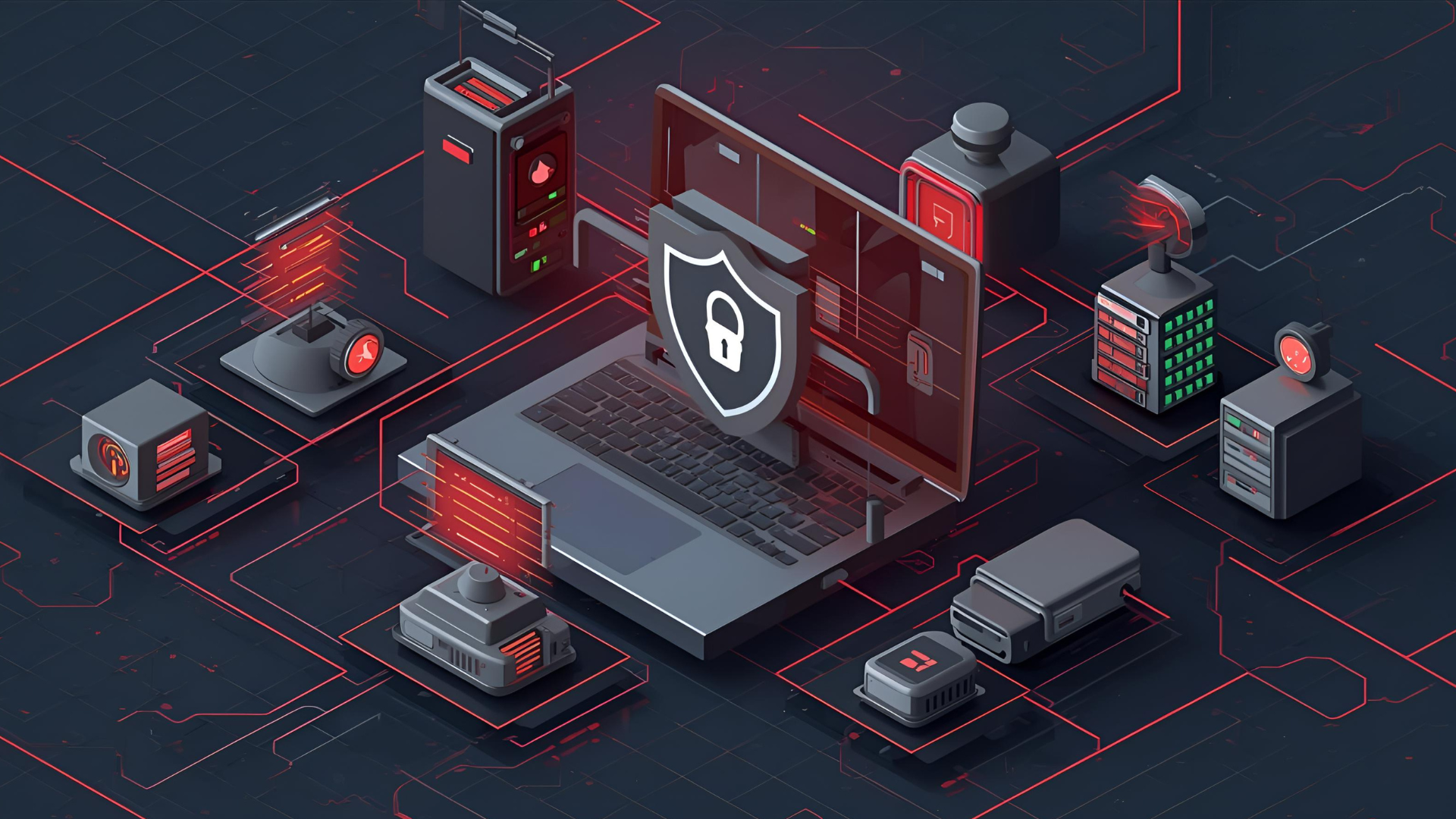Manufacturing Companies Are Drowning in Data — How to Stay Afloat
The digital age has brought incredible opportunities for efficiency and growth, but it has also left many manufacturing companies overwhelmed by the...
3 min read
 Ashley Wheeler
:
Dec 24, 2024 10:00:00 AM
Ashley Wheeler
:
Dec 24, 2024 10:00:00 AM
A data breach can leave you feeling vulnerable and powerless, especially when you receive an email or notification informing you that your personal information has been compromised. Unfortunately, breaches are increasingly common, affecting organizations ranging from financial institutions and social media platforms to government entities. Personal details such as your address, Social Security number (SSN), and credit card information can be exposed, putting you at risk for identity theft, fraud, and other malicious activities.
While you may not have control over the breach itself, there are several important steps you can take to mitigate potential damage. In this guide, we'll outline the critical actions you should take immediately after a data breach to help protect your financial and personal information.
One of the first things you should do after a data breach is change your passwords. Start with the account or service that notified you of the breach, and then update passwords for any other accounts that share the same password. This is why it's essential to use unique passwords for each account—reusing passwords across multiple sites increases the risk of widespread damage if one account is compromised.
To create strong passwords, consider using a password manager. These tools help you generate and store complex passwords securely, so you only need to remember one master password.
Multifactor authentication (MFA) is an added layer of security that requires more than just a password to access your account. Even if your password has been stolen, MFA can still protect your account by requiring a second form of verification, such as a text message, authentication app, or security key.
Make sure MFA is activated for the breached service, and consider enabling it for all other accounts that support it. Common forms of MFA include:
- Text message codes
- Authentication apps (e.g., Google Authenticator, Microsoft Authenticator)
- Physical security keys (e.g., YubiKey)
If the breach involved payment card details, it's critical to monitor your bank accounts for fraudulent activity. Review your statements carefully and look for any charges that you did not authorize. Contact your bank immediately to report the breach and request a new card if necessary.
Notifying your bank about the breach helps protect you from being held liable for fraudulent transactions. Your bank may also provide you with additional security measures, such as temporary account freezes or alerts for unusual transactions.
Criminals often sell stolen personal data, which can be used to open fraudulent credit accounts in your name. To protect yourself from this type of identity theft, you can place a credit freeze with the three major credit bureaus: Equifax, Experian, and TransUnion.
A credit freeze restricts access to your credit report, making it harder for criminals to open new accounts using your information. You can easily freeze your credit by visiting the websites of the three credit agencies:
- Equifax
- Experian
- TransUnion
It's important to fully understand the scope and impact of the data breach. Carefully review the notification you received from the company, and check their website for updates. In many cases, companies may not immediately know the full extent of the breach, so new information may emerge over time.
Key details to look for in the breach notification include:
- The type of data exposed (e.g., passwords, credit card numbers, Social Security numbers)
- Reparations or compensation the company is offering (e.g., free credit monitoring)
- Instructions to secure your account, such as changing passwords or reviewing account activity
In addition to protecting your accounts, it's crucial to secure your devices and network. There are several tools and practices you can implement to enhance your security:
- Antivirus/Anti-malware Software: Install and regularly update a reliable antivirus program to protect your devices from malware and viruses.
- DNS Filtering: Use DNS filtering to block access to malicious websites and reduce the risk of falling victim to phishing attacks.
- Email Spam Filtering: Protect yourself from phishing emails by using spam filters that can identify and block malicious messages.
Another effective security measure is a Virtual Private Network (VPN). A VPN encrypts your internet traffic and hides your IP address, making it especially useful when using public Wi-Fi networks.
Data breaches often expose personal information, including email addresses. This makes it easier for cybercriminals to send phishing emails, which can be difficult to spot due to the use of AI and other sophisticated techniques. These emails may appear legitimate, tricking you into providing additional sensitive information or clicking on malicious links.
To avoid falling victim to phishing scams, follow these best practices:
- Hover over links to inspect the URL before clicking
- Go to websites directly rather than clicking links in emails or SMS messages
- Be cautious of unexpected emails or messages from unfamiliar senders
- Watch for phishing attempts on social media and text messages
- Verify suspicious communications by checking with the company or service directly
Hackers often exploit unpatched software vulnerabilities to gain access to your devices and data. To prevent this, ensure that you regularly update your device's operating system, applications, and firmware. This includes:
- Updating operating systems on computers and mobile devices
- Installing updates for apps and software
- Updating firmware on routers, printers, and other smart devices
Automating software updates is a good way to stay on top of critical patches and keep your systems secure.
While following these steps can help mitigate the immediate impact of a data breach, ongoing protection is key to maintaining your security. Managed security services can help safeguard your devices, networks, and sensitive data from future threats.
If you need assistance strengthening your cybersecurity posture, our team is here to help. We offer a range of solutions to improve device security, secure your network, and keep your business and personal data safe from hackers.
Contact us today to schedule a consultation and learn how we can help protect you from future data breaches.

The digital age has brought incredible opportunities for efficiency and growth, but it has also left many manufacturing companies overwhelmed by the...

At TotalCare IT, we’ve seen firsthand how much manufacturing has changed. It’s no longer just about machines and materials—it’s about data. From CAD...

As cloud computing becomes increasingly integral to modern business operations, securing your data in the cloud has never been more critical. While...